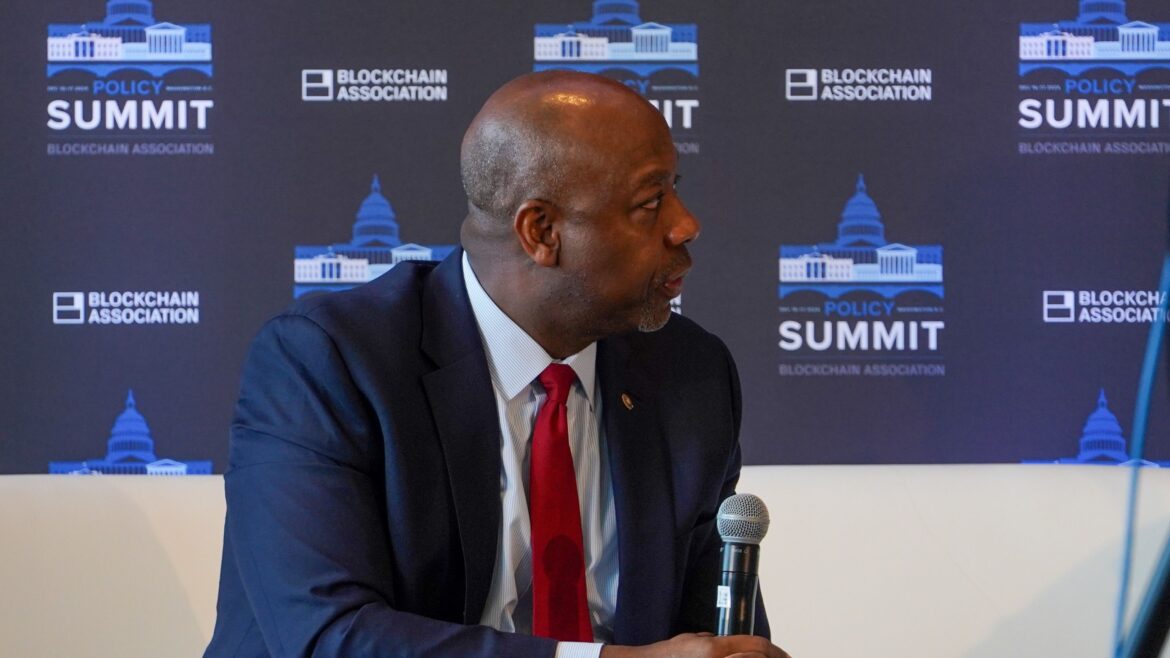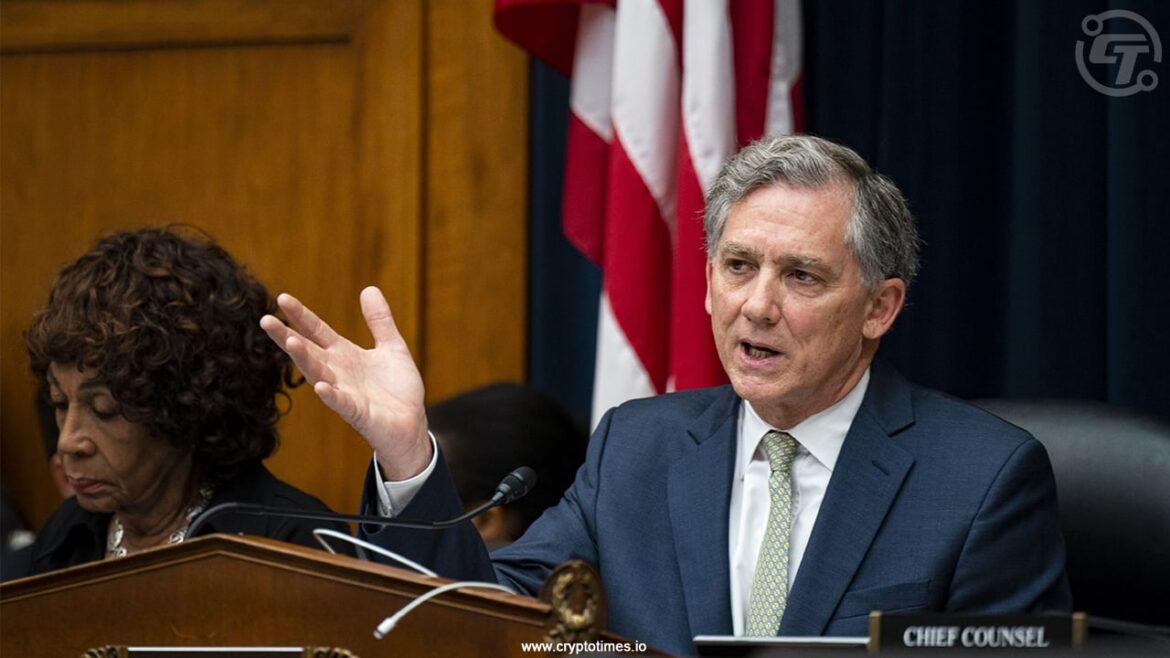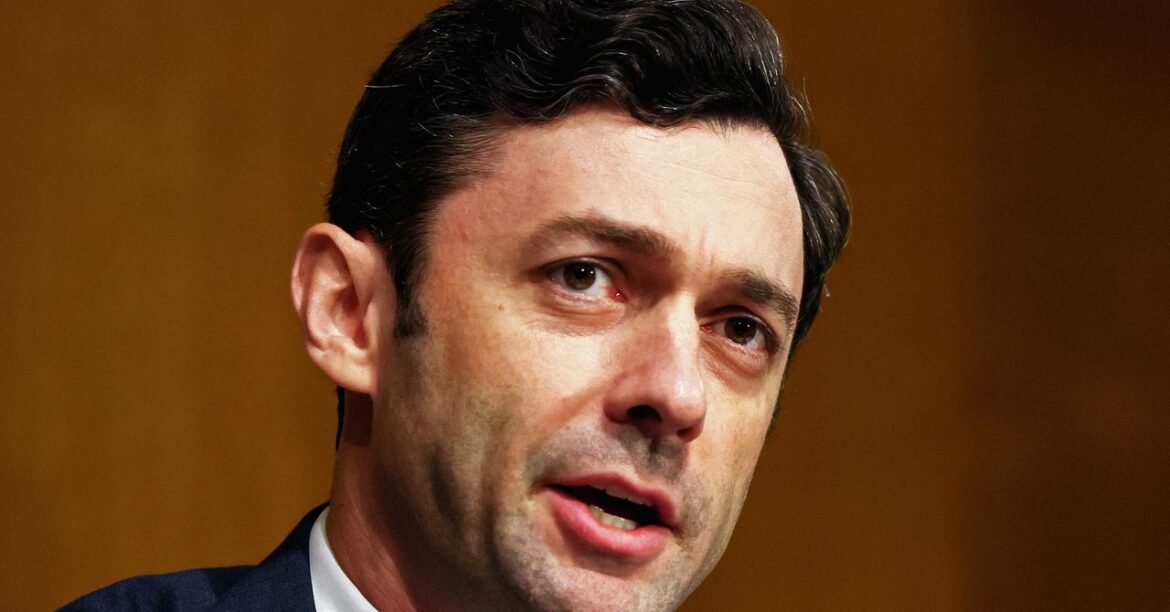Binance, the largest global crypto exchange, is still under the constraints of a massive, $4.3 billion U.S. enforcement action, though Senator Elizabeth Warren and other Democrats are asking the Trump administration about reports that it’s easing off on those orders.
In 2023, the major digital assets platform agreed to settle with U.S. authorities for sanctions violations, insufficient money-laundering protections and operating without proper licensing, and its leader, Changpeng “CZ” Zhao, pleaded guilty to Bank Secrecy Act violations, stepping down from the company and serving a brief prison sentence. Warren and two other senators, Richard Blumenthal and Mazie Hirono questioned Attorney General Pam Bondi in a letter this week, asking about reports by outlets including Bloomberg News that the company has spoken to the U.S. about dropping its independent compliance monitor.
The senators also raised the continuing financial ties between the family of President Donald Trump and Binance, through their stake in World Liberty Financial.
“These reports make it more important than ever that the public understand the Trump administration’s interactions with, and relationship to, Binance and its employees,” they wrote, demanding “meaningful” answers to several questions about the U.S. Department of Justice’s interactions with Binance, including whether a pardon is being considered for CZ.
As the markets contemplated a potential return of CZ, the Binance-tied BNB token rocketed over $1,000 for the first time, leaping over SOL to become the fifth-largest cryptocurrency by market capitalization.
The prosecution of Binance in the U.S., where the independent Binance.US arm still operates, occurred under the previous administration, and the arrival of President Trump and his pro-crypto choices to be regulators and law enforcement officials has rapidly shifted the stance of the U.S. government. Many of the efforts of previous officials to address digital assets market risks and the dangers of their use in illicit finance and drug trafficking have been overtaken by the administration’s interest in financial innovation and establishing the U.S. as a global crypto hub.
In May, the Securities and Exchange Commission moved to drop its long-running lawsuit against Binance.
Read More: BNB Hits $1,000 All-Time High as Binance Nears DOJ Deal, Rumors of CZ’s Return Grow







